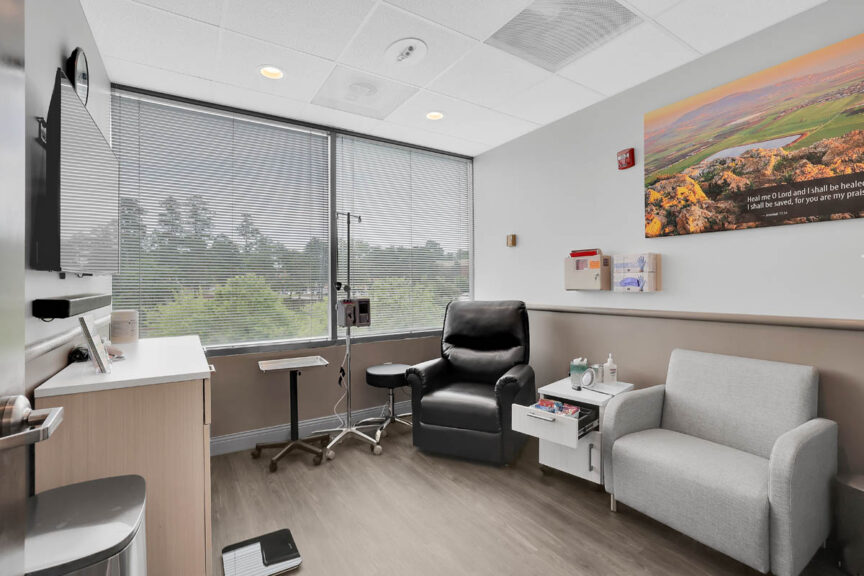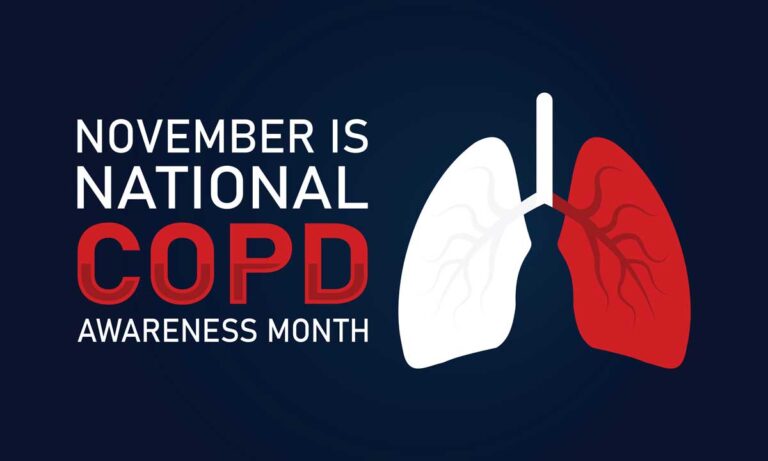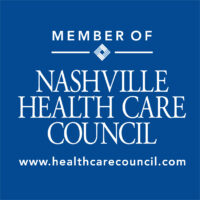By Shane Reeves PharmD, CEO, TwelveStone Health

My son, Will, lives in Houston, Texas — and he loves Whataburger. It’s his go-to comfort food: a Bacon and Cheese Whataburger, made just the way he likes it. So, when he was back home in Murfreesboro recently, he stopped by our new local store, excited to get his favorite meal.
That excitement didn’t last long.
He waited far too long to place his order. When someone finally spoke through the drive-thru, the voice was tired and dismissive. Once at the window, they asked him to pull forward and wait. When the burger finally arrived, it was cold, the bun was soggy, and worst of all—they’d added onions, even though he clearly said, “no onions.”
When he went inside to ask for a fix, the store was nearly empty. A handful of employees leaned against the counter, staring at their phones. The team member who took his complaint seemed annoyed and unsure how to help. On the drive home, he said something that stuck with me:
“I felt robbed—not of money, but of expectation. One bad store has hurt my opinion of the entire brand.”
That’s the power—and the danger—of inconsistency.
And it’s a lesson we can’t afford to ignore in healthcare.
Why Consistency Matters in Infusion Care
At TwelveStone Health Partners, we operate 23 infusion centers. Every day, patients trust us with their health, their safety, and their time. When a patient receives an infusion in Germantown, Tennessee in October 2025 and returns six months later for their next dose in Norfolk, Virginia, they should encounter the same exceptional experience—what they see, feel, hear, and smell should be identical.
Consistent, excellent service builds trust.
Here are six reasons why standardizing a high-quality patient experience matters more than ever in 2026 and beyond—what we call The TwelveStone Way.
1. Trust and Safety
Infusion patients are often vulnerable. Uniform protocols—clinical standards, hygiene, safety checks, and emergency readiness—are non-negotiable. A single deviation is an unacceptable risk.
2. Equity of Experience
No patient should feel like their care is “less” because of where they are. Whether they’re in a major metro or a smaller community, the emotional, physical, and logistical burden of therapy is heavy enough. The environment should never add to it.
3. Brand Reputation and Referrals
Just like a restaurant chain, one poor experience can ripple through the entire brand. In healthcare, the stakes are higher. Consistently excellent experiences turn patients into advocates. Inconsistency erodes trust.
4. Operational Efficiency
Standardization creates economies of scale—unified systems, training, scheduling, procurement, and documentation make it possible to measure, benchmark, and correct across locations.
5. Culture of Care
Just as Whataburger’s best stores reflect pride in every burger, our centers should reflect pride in every patient encounter. Leadership at each site must embody a culture of compassion, precision, and accountability.
6. Patient Retention and Outcomes
A consistent, positive experience drives retention, compliance, referrals, and improved outcomes. Variability invites churn, noncompliance, complaints, and risk.
The TwelveStone Way
Will’s Whataburger experience is a reminder: one inconsistent interaction can undo years of brand trust. In healthcare, it’s more than disappointment—it can mean lost confidence in care.
Our patients deserve better than “good enough.” They deserve consistency, excellence, and trust—every visit, every center, every time.
That’s not just good branding. That’s good care.















